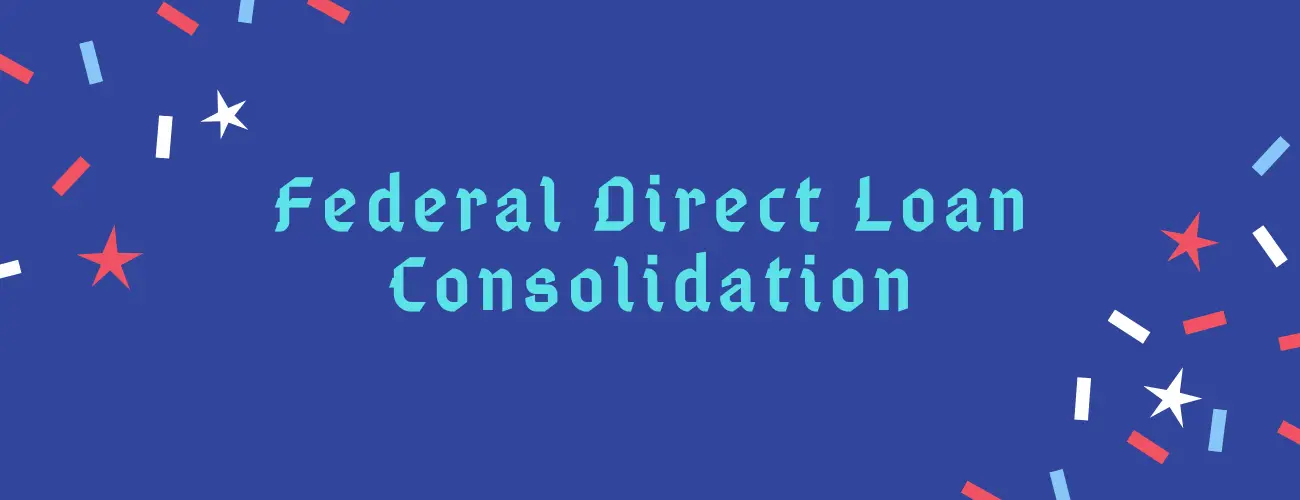How Do Private Student Loans Actually Work For Borrowers?
Private student loans are an essential way that student loan borrowers stumble into difficulty. No doubt. The explanation is that the Federal government has limits on the sum that you can get for Federal student loans.
Updated by Namitha Antony on 23rd September 2020
Private student loans are an essential way that student loan borrowers stumble into difficulty. No doubt. The explanation is that the Federal government has limits on the sum that you can get for Federal student loans. What's more, there is an explanation behind those cutoff points — with the goal that you don't get paying off debts over your head.
Be that as it may, a few people simply don't learn. They think, Hey, I need more cash for school, how about we go see what another place I can get it. Also, banks are glad to loan for student loans — on the grounds that they should be repaid. Continuously.
At times, there are substantial motivations to get private student loans. Let's assume you need to be a specialist, and you need $200,000 for clinical school. That could be an exemption to the standard about getting private student loans, in light of the fact that your pay as a specialist will handily cover the student loan installments.
How about we take a gander at how private student credits work to give you a superior thought of why they aren't the best loans.
Table of Contents:
- How Private Student Loans Work
- Genuine Private Student Loan Examples
- The Simple Answer to Private Student Loans
How Private Student Loans Work
Private student loans are more similar to vehicle loans than student loans. Since similar to a vehicle loan, they have security required. Most students don't understand it, yet the guarantee for student loans (particularly private student credits) is your future salary.
At the point when you get a private student loan, you're telling the bank that in the event that you don't take care of it, they can decorate your wages and salary to get their cash. That is the reason it resembles a vehicle loan.
Likewise, not at all like most Federal student loans, most private student credits require a cosigner. Cosigning credits is a poorly conceived notion, particularly cosigning student loans. The explanation is that it risks the cosigner's salary as much as the students.
Second, numerous private student loans are variable rate loans currently, which means the rate of interest on the loan could increase as loan fees rise. This is useful for banks, however terrible for students. You could take out a student loan at one loan fee as a green bean and before long be paying a much higher rate of interest when you graduate four years after the fact. Practically all Federal student loans have fixed rates on them, so you realize what you're going to pay.
Genuine Private Student Loan Examples
We should contrast private student credits with Federal Direct student loans for understudies hoping to get a loan for the fall of 2018.
At the present time, the rate of interest on a Federal Direct credit (both subsidized and unsubsidized) is fixed at 4.45%.
The most reduced rate of interest one could discover for a comparative loan (that has postponement during school and a half year after) for students is 5.99%. That is generously higher.
Besides, there are a ton of student loan forgiveness projects and student loan deferment alternatives for Federal student loans, and not many for private student loans.
The Simple Answer to Private Student Loans
Try not to get private student loans except if you have a genuine need — like clinical school. Something else, search for choices to bring down the expenses of school, for example, money related guide, or in any event, setting off to a less expensive college.
On the off chance that you have to get private student loans, ensure you look at our rundown of the best private student loans to pay for school.


93.jpg)


28.jpg)

